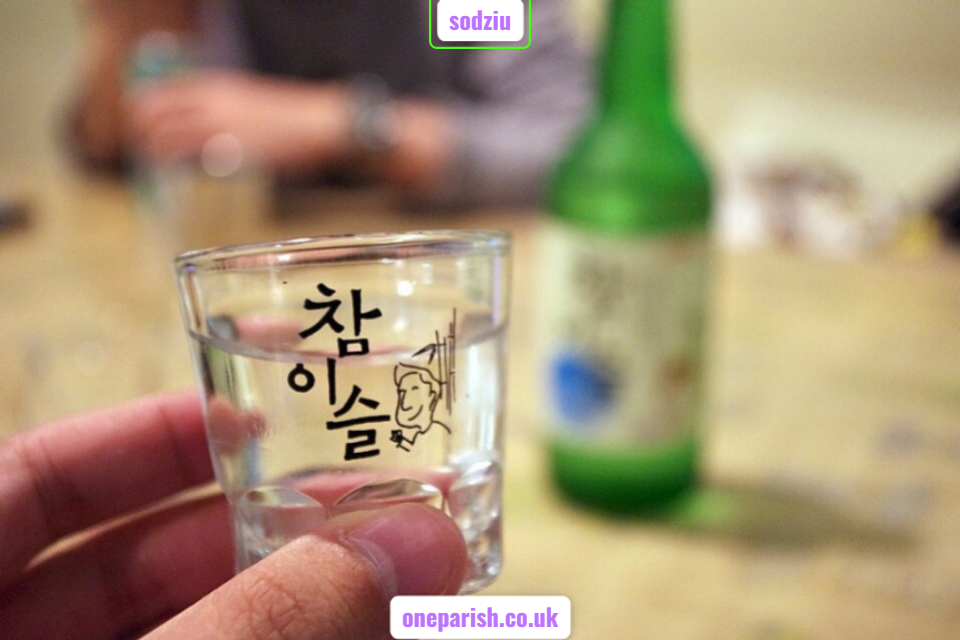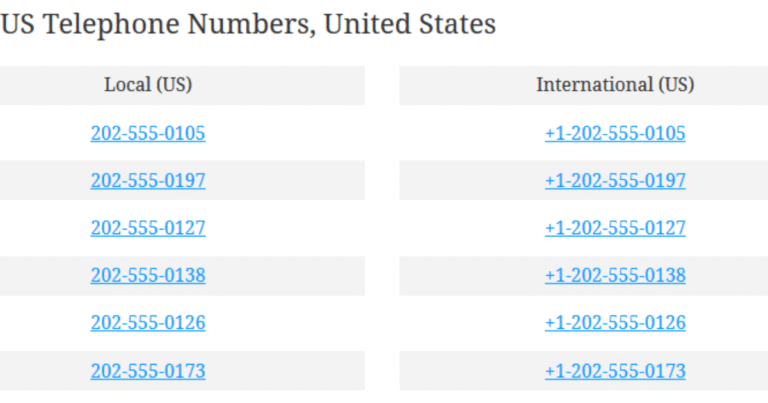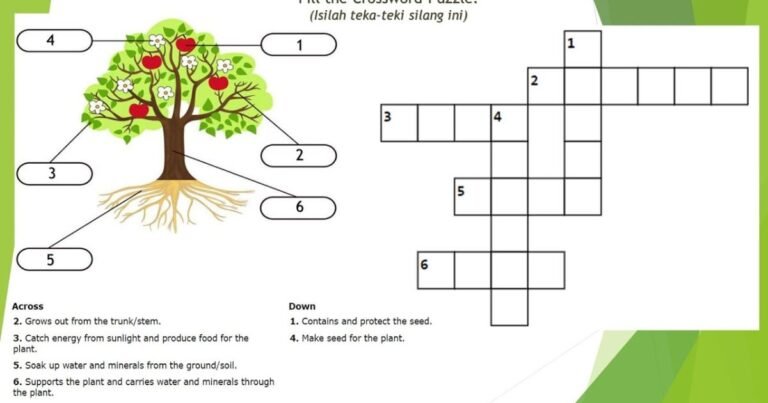
Sodziu: the word that speaks when emotions can't.
As a psychologist, when I first heard the term sodziu, it didn’t sound like something that would challenge how we think, connect, or question our roots. But the deeper I looked, the more it revealed a
about language, culture, and even the human need for meaning.Today, sodziu is more than just a word it’s becoming a symbol of nostalgia, identity, and emotional connection. Why are people using it so often, and what does it really mean?
Why Is Everyone Talking About Sodziu?
Because it taps into emotional memory, the kind we don’t always realize is active. In many Slavic languages, sodziu carries roots related to “judgment,” “village,” or “statement.” It brings up childhood memories, conversations with grandparents, or community identity.
In online forums and real-life talks, people use sodziu when they’re trying to explain something unspoken yet understood. That’s what makes it so powerful. It resonates deeply and subconsciously, making it spread.
Here’s the problem no one talks about: we’re drifting from language that connects us to our roots. We replace meaningful words with emojis, fast memes, or cold text.Sodziu is reminding people of what we’re losing. It’s making people rethink how they express truth, judgment, love, and nostalgia. The word has become a symbol of something deeper: the need to be heard and understood.
What Sodziu Reveals About Human Psychology?
In therapy, I’ve heard versions of this term used as anchors to describe guilt, self-reflection, or how people felt misunderstood. That’s not a coincidence.Sodziu captures a layer of inner dialogue, the kind of self-talk that forms after trauma, childhood discipline, or longing. When people say it, they’re often thinking of moments they didn’t fully process.This is what makes sodziu a fascinating psychological lens. It holds emotional weight, even when it’s said casually.
How Sodziu Connects to Community and Identity?
Let’s be real: we’re craving more than likes and follows we’re craving real human belonging.Sodziu ties into community-based identity, something we see reflected in local movements like One Parish, where faith and community come together to support each other’s emotional and spiritual health.When people return to old language or forgotten words, they’re often returning to community-centered values, even if they don’t know it consciously.
Should You Use the Word Sodziu? Here’s When It Matters
Use it when you’re:
- Trying to express emotional honesty
- Talking about community-based values
- Reflecting on deep personal moments
- Reconnecting with your cultural heritage
Just don’t throw it around casually. Sodziu is not a hashtag. It’s a way of saying something that really matters when other words don’t fit.
What Can We Learn From the Rise of Sodziu?
We learn that:
- People are craving deeper meaning
- Language still holds power
- There’s a silent emotional hunger in today’s conversations
- Returning to roots is a mental health strategy, not just cultural nostalgia
Frequently Asked questions
What does sodziu mean in emotional terms?
It’s often tied to feelings of judgment, reflection, or connection with past emotional experiences.
Is sodziu used in therapy or psychology?
Yes, indirectly. It’s used by people to express deep, often unresolved emotions in cultural contexts.
Why is sodziu trending now?
It reflects a cultural shift toward reclaiming emotionally rich language in a digital, disconnected world.
How can sodziu help in personal growth?
By naming complex feelings and reconnecting with cultural values, it can support emotional clarity and self-awareness.






